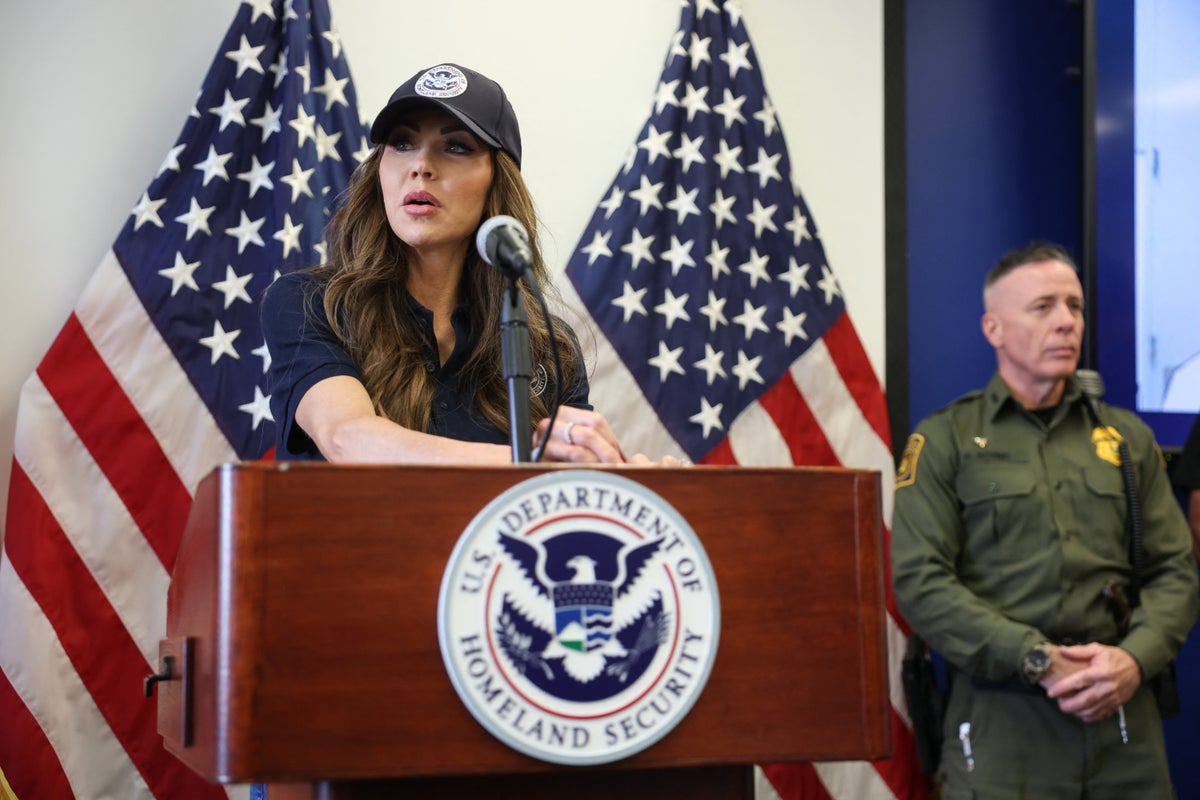The Supreme Court will allow Donald Trump’s administration to deport immigrants to nations other than their home countries, paving the way for the government to rapidly remove people from the United States to places where they have no ties whatsoever, including war-torn nations such as Libya and South Sudan.
Justices on Monday issued a 6-3 decision granting Trump’s emergency request to overturn a federal judge’s restrictions on those removals, lifting a nationwide injunction that required the government to give criminal deportees “meaningful” notice to raise objections to their removal to countries where they could face torture or death.
The justices did not explain their decision. All three liberal justices dissented, with Justice Sonia Sotomayor writing a lengthy opinion blasting the conservative majority’s “abuse” of the court’s authority to consider yet another emergency request from the president.
The court is “rewarding lawlessness,” she said.
Administration officials quickly celebrated the ruling. “Fire up the deportation planes,” Department of Homeland Security assistant secretary Tricia McLaughlin wrote on X.
Homeland Security Secretary Kristie Noem posted a GIF of Trump dancing.

Last month, Massachusetts District Judge Brian Murphy reprimanded government attorneys and administration officials after a group of deportees with criminal convictions held in federal custody were abruptly notified that they would be deported to South Sudan. Trump’s own State Department reports South Sudan is plagued by slavery, kidnapping, sexual abuse, torture and extrajudicial killings.
The judge has also suggested he could hold officials in criminal contempt for defying his court orders.
“By rewarding lawlessness, the Court once again undermines” due process, Sotomayor wrote.
“Apparently, the Court finds the idea that thousands will suffer violence in far-flung locales more palatable than the remote possibility” that a federal just exceeded its authority by ordering the government “to provide notice and process to which the plaintiffs are constitutionally and statutorily entitled,” she added.
“That use of discretion is as incomprehensible as it is inexcusable,” Sotomayor wrote.
Murphy had allowed the government — by its own request — to hold those deportees overseas, in U.S. custody, while giving them a chance to receive a “reasonable fear interview” to explain how they would face persecution or torture in South Sudan. They are currently being held on a military base in Djibouti pending a court order to remove them to the war-torn African nation.
But, after government attorneys complained about conditions at the U.S. facility in Djibouti, the administration seemed to have “changed their tune,” Murphy wrote in court filings. “It turns out that having immigration proceedings on another continent is harder and more logistically cumbersome” than the administration anticipated, he said.
He accused administration officials of “manufacturing chaos.”
According to a top immigration official, a group of immigration officers and the immigrants in their custody are stuck in the small east African country, plagued by smog from burn pits with human waste, at risk of malaria, and taking a dozen medications to battle chronic respiratory illness.
The judge did not order the government to offload those immigrants in Djibouti, but the Trump administration accused Murphy of “stranding” ICE agents there.
Following the Supreme Court’s order, lawyers for the deportees currently in Djibouti filed an emergency request to Judge Murphy to “preserve and protect their statutory, regulatory, and due process rights to seek protection from torture in South Sudan,” a “volatile country where they likely will face indefinite detention and other forms of torture.”
Murphy, who was appointed by President Joe Biden, has faced a barrage of attacks from the White House, which labeled him a “far-left activist” who is trying to “protect the violent criminal illegal immigrants.”
Trump called him “absolutely out of control” and accused him of “hurting our country.”



